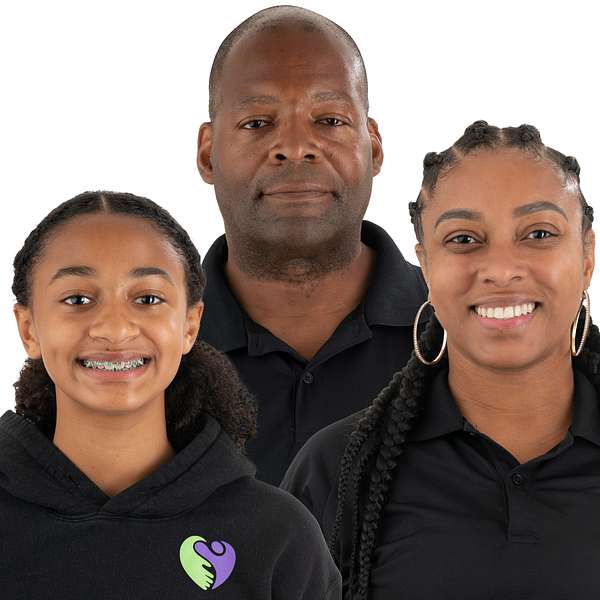
SAMHSA - Communities Talk About Prevention
Tune in to SAMHSA’s new pilot podcast series to learn how community-based organizations and institutions of higher education are advancing substance use prevention in their own communities! In each episode of Communities Talk About Prevention, you'll learn about the substance use and related issues organizations are facing in their community, how they tailored their work to meet their community’s needs, how they overcame challenges in organizing a prevention-focused activity and how they measured success. Most importantly, they’ll share tips on what worked for them, which we hope will inspire you to get involved in prevention in your own community. This pilot podcast series features participants from SAMHSA’s national Communities Talk initiative. Since 2006, thousands of Communities Talk events and activities held across the country have helped increase public awareness of and action around the prevention of substance use and misuse, covering topics such as underage drinking, vaping, marijuana, opioids, methamphetamine, suicide, mental health, and more.
SAMHSA - Communities Talk About Prevention
Episode #3: Leveraging Social Media for National Prevention Week (New Britain Local Prevention Council)
•
Denise
Guests:
- Omar McDew , Youth Advocate, City of New Britain
- Tyshaunda Wiley, Prevention Coordinator, New Britain’s Local Prevention Council
- Annalise Jones, Youth Leadership Council Member, 8th grade student at HALS Academy
Organization:
- New Britain Local Prevention Council
Location:
- New Britain, Connecticut
About:
- In episode #3, hear from three community members that developed their own public service announcements and leveraged social media to join SAMHSA’s National Prevention Week. Omar McDew, youth advocate for the city of New Britain; Tyshaunda Wiley, prevention coordinator for the New Britain Local Prevention council; and Annalise Jones, a Youth Leadership Council member, share how they developed their activities and saw them through to completion and success.
As a reminder, the views expressed here do not necessarily represent the views of SAMHSA or the U.S. Department of Health and Human Services.
